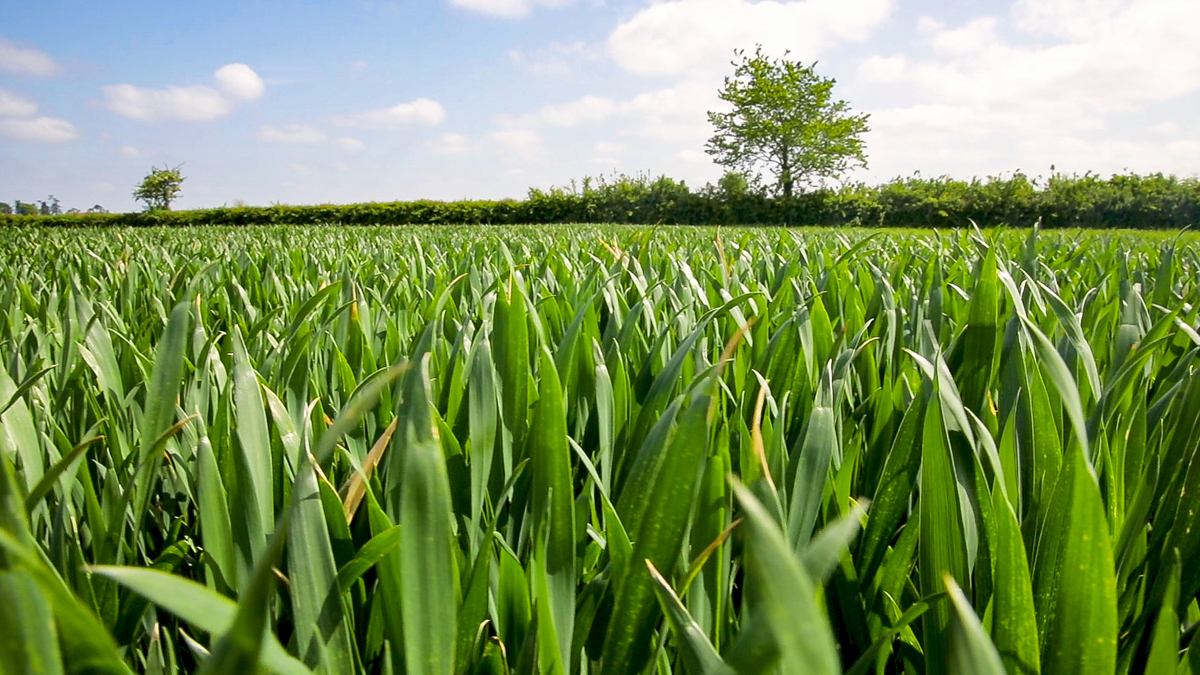The final agreement struck at the COP27 climate conference in Egypt has highlighted the “fundamental priority” of safeguarding food security and ending hunger.
The document, signed off on by 200 countries, recognised the vulnerability of food production systems to the adverse impacts of climate change.
It also acknowledges that the impacts of climate change exacerbate the current global energy and food crises, particularly in developing countries.
The countries noted that “the increasingly complex and challenging global geopolitical situation” along with the recovery from the Covid-19 pandemic should not be used as a way to backtrack on climate action.
COP27
The countries at COP27 agreed to extend the Koronivia Joint Work on Agriculture (KJWA) by a further four years.
Adopted during COP23 in Paris in 2017, the landmark decision under the United Nations Framework Convention on Climate Change (UNFCCC) acknowledges “the unique potential of agriculture in tackling climate change”.
Agriculture, forestry and other land use causes almost one quarter of human greenhouse gas (GHG) emissions, according to the Food and Agriculture Organisation (FAO) of the United Nations.
At the same time, agriculture absorbs 26% of the economic impact of climate disasters, rising to 83% for drought in developing countries, FAO added.
The KJWA states that while agriculture is part of the climate change problem, it can also be part of the solution.

The new joint work programme approved at COP27 outlines how the increasing frequency of extreme weather events has exposed millions of people, including small-scale farmers, to acute food insecurity.
The FAO estimates that more than 800 million people face hunger every year, that figure is set to increase as a result of climate change.
The document describes farmers as “stewards of the land” who are inclinded to apply sustainable land management approaches.
However, it notes that the vulnerability of farmers to climate change presents a challenge in fulfilling this important role.
“Policy responses in agriculture are more likely to succeed if they consider the role
of farmers as key agents of change,” the document stated.
The programme emphasises the urgent need to scale up action and support for farmers to reduce their vulnerability in relation to climate change.
Enhancing research and development related to agriculture and food security and sharing scientific, technological and other knowledge will also form part of the programme.
The agreement calls on countries and relevant organisation to increase their efforts in promoting sustainable agriculture with a view to eradicating hunger and poverty, while ensuring food security.
Food systems
The new programme has been met with a cool response from environmental groups, including the World Wildlife Fund (WWF), which had called for the scope of the KJWA to be expanded beyond agriculture and food security to food systems as a whole.
The organisations said that there should be a particular focus on sustainable food production, nutrition and dietary shifts, as well as food loss and waste.
The Food4Climate Pavilion, which formed part of the first dedicated agriculture and food pavillion at COP27 this year, said that the agreed programme “crucially lacks ambition and omits the need for consumption changes altogether”.
The group did note that COP27 had “cast a ray of hope” on the prospect of food system change being included on the agenda for next year’s COP28 as a way to mitigate climate change.
